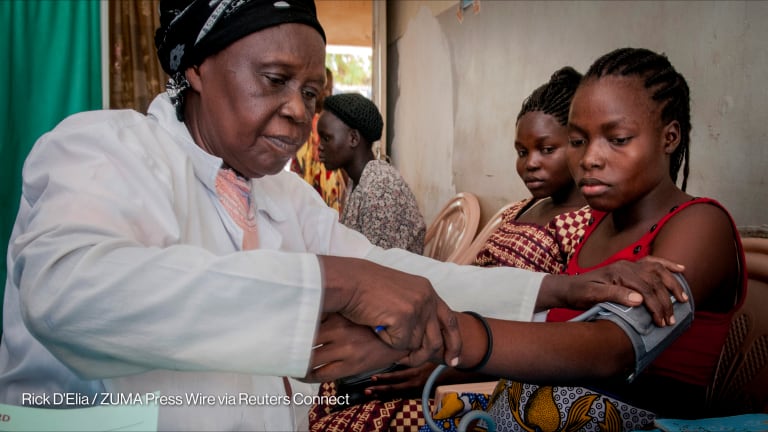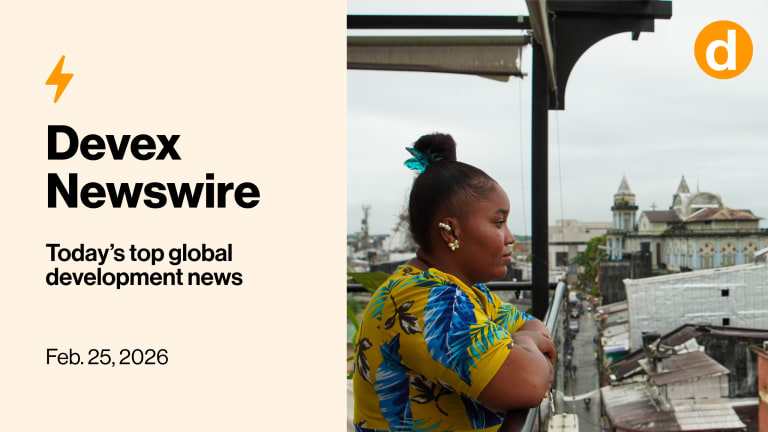We’ve spent the majority of our lives working to ensure women’s participation in decision-making on peace and security. That means getting women a seat at the table during peace talks and negotiations, but also ensuring their voices are heard in the aftermath of conflict when the difficult task of rebuilding begins.
Like many others working on advancing gender equality, we're heading to New York this week for the United Nations’ annual Commission on the Status of Women, where we will be elevating the role of women in building — and sustaining — inclusive peace.
In the places we call home – the occupied Palestinian territory, the Philippines, and across the Pacific island region – we’ve witnessed how intersecting crises such as war, conflict, and climate change are increasingly putting the rights and well-being of women and girls at risk. Yet, military spending only continues to skyrocket while casualties increase.










